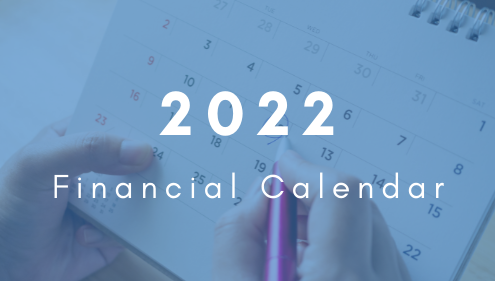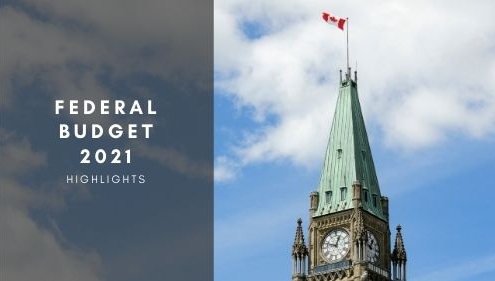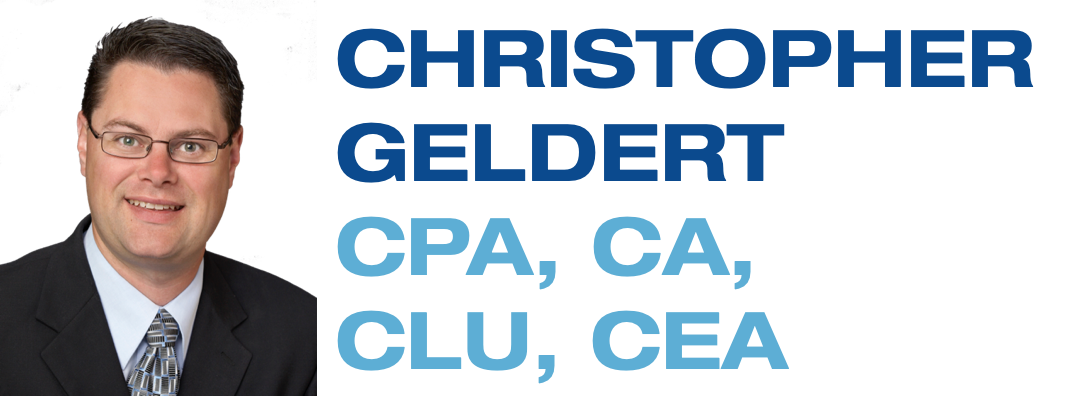
The Six Steps to Financial Planning
Blog, Finance, Financial PlanningA certified financial planner is trained to focus on all aspects of your finances – everything from your taxes to retirement savings.
The six steps to financial planning are:
• Meeting your financial planner
• Determining your goals and expectation
• Reviewing your current financial state
• Developing a financial plan
• Implementing a financial plan
• Monitoring the plan
A certified financial planner will develop a plan that works for you both today and in the future.

Having Your Cake and Eating it Too
Blog, Estate Planning, Financial Planning, InvestmentInvesting in an uncertain stock market is not for the faint of heart. However, fortunately for Canadians, Segregated Fund products offered by many life insurance companies provide a safety net for nervous investors.
Fund products present some interesting opportunities for people looking to get more security in their investment portfolios without sacrificing their potential for growth.

2022 Financial Calendar
2022, Blog, Financial PlanningLooking for an "at a glance" document covering all the important dates you need to know to stay on track with your financial planning in 2022?
Our 2022 financial calendar (which you can easily bookmark or print out) makes sure you're always in the loop! It lists important dates, including:
• Payments dates for the Canada Child Benefit, CPP, OAS, and the GST/HST credit.
• When TFSA contribution room starts again.
• Tax filing deadlines.
• Charitable contribution deadlines and the last day to contribute to registered investment accounts.
• When the Bank of Canada interest rate announcements are.

Have You Overlooked Assets in Your Estate Planning?
Blog, Estate Planning, Financial PlanningDigital assets are essentially anything that has inherent worth that is also in digital form. What establishes their status as an asset is the fact that they come with a “right to use” (e.g. a password). Without a right to use, they are just considered data. Digital assets could include family photos, air miles, hotel rewards, grocery store points, and especially cryptocurrency.

Financial Planning for Business Owners
Blog, Business Owners, corporate, Financial PlanningFinancial planning for business owners is often two-sided: personal financial planning and planning for the business.
Business owners have access to a lot of financial tools that employees don't have access to; this is a great advantage, however it can be overwhelming too. A financial plan can relieve this.
A financial plan looks at where you are today and where you want to go. It determines your short, medium and long term financial goals and how you can reach them. For you, personally and for your business.

Federal Budget 2021 Highlights
2021, Blog, Coronavirus, Coronavirus - Associates, Coronavirus - Practice Owners, Coronavirus - Students, corporate, Debt, Family, financial advice, Financial Planning, incorporated professionals, individuals, personal finances, Professional Corporations, taxOn April 19, 2021, the Federal Government released their 2021 budget. Our article contains highlights of the various financial measures in this budget, divided into three different sections:
• Business Highlights, including an extension to COVID-19 Emergency Business Supports, new programs to support job creation, and a change in interest deductibility limits.
• Individual Highlights, including details on the tax treatment and repayment of personal COVID-19 benefits (such as CERB), eligibility changes to the Disability Tax Credit, an increase in OAS for those 75 and up, and support for job skills retraining.
• Additional Highlights, including a proposed federal minimum wage of $15, changes to the GST New Housing Rebate conditions, and new or increased taxes in areas such as luxury goods, tobacco, and Canadian housing owned by non-resident foreign owners.

Stop Living Paycheque to Paycheque and Start Living
Blog, Coronavirus, Debt, financial advice, Financial PlanningWe are now living in a gig economy as a result of wage stagnation and increased globalization. While previous generations have usually worked one full-time job, often with a pension plan, today more and more Canadians are working for several different companies as independent contractors.
While this type of work does offer much-needed flexibility for some, it also creates financial instability for millions of Canadians. A recent survey of all working Canadians by the Canadian Payroll Association suggests that 43 percent of workers were living paycheque to paycheque prior to COVID-19. That statistic does not take into account COVID-19’s impact on the workforce.

Business Owners: 2020 Tax Planning Tips for the End of the Year
2020 Only, Blog, Business Owners, Coronavirus, Coronavirus - Practice Owners, corporate, Estate Planning, financial advice, Financial Planning, incorporated professionals, Investment, Professional CorporationsIt's a great time to review your business finances now that we are nearing year-end. We have listed some of the critical areas to consider and provide you with some helpful guidelines to make sure that you cover all the essentials. We have divided our tax planning tips into four sections:
- Year-end tax checklist
- Remuneration
- Business tax
- Estate

Highlights of the 2020 Federal Fall Economic Statement | Additional $20,000 CEBA loan available now
Blog, Coronavirus, Coronavirus - Associates, Coronavirus - Practice Owners, corporate, disability, Financial Planning, RDSP, taxFinance Minister Chrystia Freeland recently provided the government's fall economic update. It included information on the government's strategy for dealing with the COVID-19 pandemic and its plan to help shape the recovery. We've summarized the highlights for you:
• Corporate Tax Changes, including extensions to subsidy programs.
• Personal Tax Changes, including additional Canada Child Benefit Plan payments and a new "Work from home" tax credit.
• Indirect Tax Changes, including the proposal to charge GST/HST on services provided via digital platforms, as well as the temporary removal of GST/HST on face masks and shields.
For business owners, as of December 4th, the CEBA loan has been expanded by an additional $20,000.

Personal Tax Planning Tips – End of 2020 Tax Year
2020 Only, Blog, Charitable Gifting, Coronavirus, Coronavirus - Associates, Coronavirus - Practice Owners, Coronavirus - Retired, Coronavirus - Retiring, Coronavirus - Students, disability, Disability Insurance, Family, financial advice, Financial Planning, health benefits, pension plan, RDSP, Registered Education Savings Plan, RRSP, tax, Tax Free Savings AccountTo help our clients, we’ve put together a comprehensive article filled with great tips on how to get ready for 2020 tax season. Here’s a summary of our personal tax tips article:
• Details about the different COVID-19 benefits programs and the tax ramifications of them
• Information about family tax issues including the Canada Child Benefits and tips on how to split income.
• Managing investments. Details about contributing to various savings plans such as a TFSA, RESP, or RDSP. Also tips on how and when to donate to charity and how to time the purchase or sale of investments.
• Retirement planning. How to make the most of your RRSP, things to know if you’ve turned 71, and tips on RRIF conversion.
